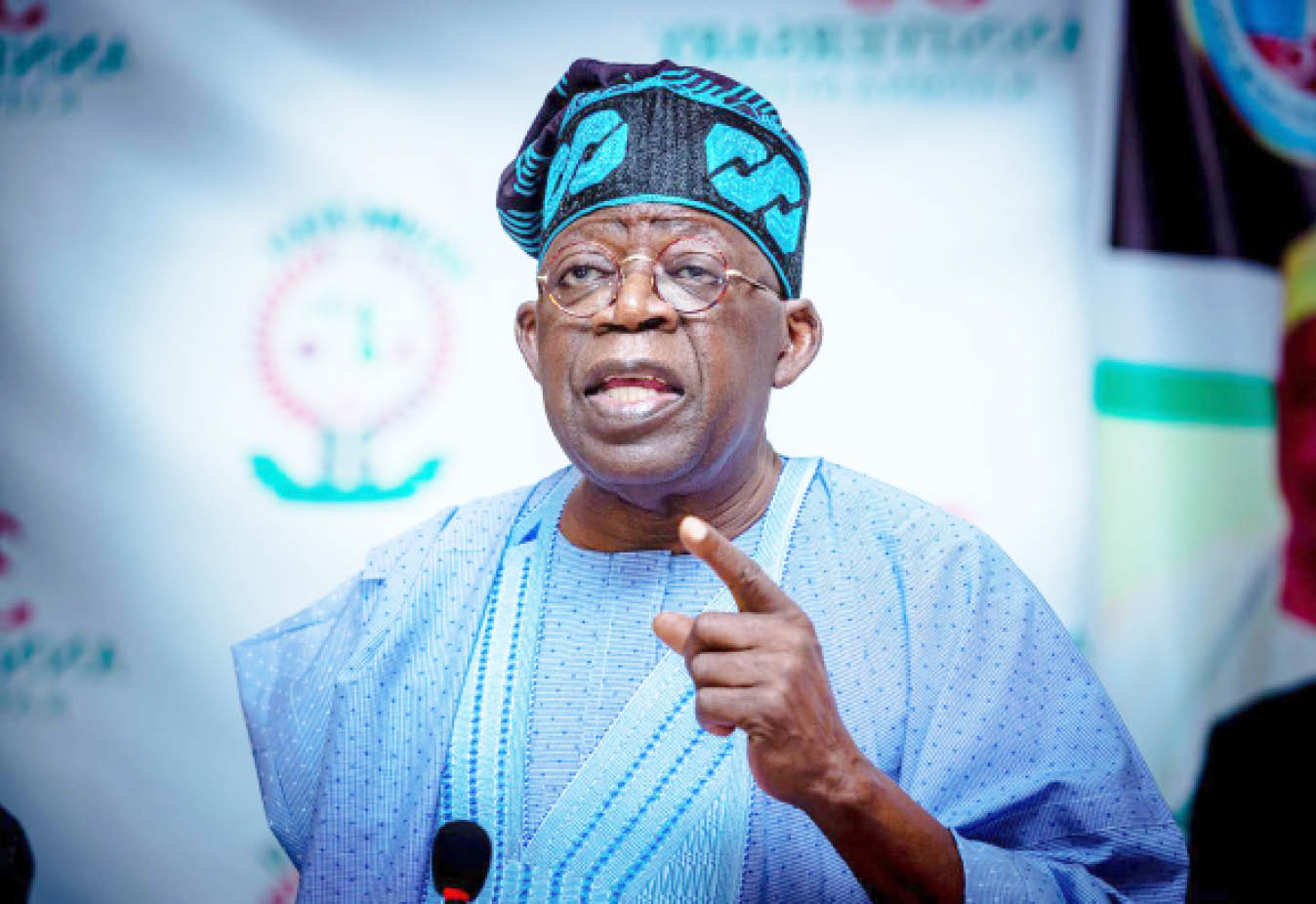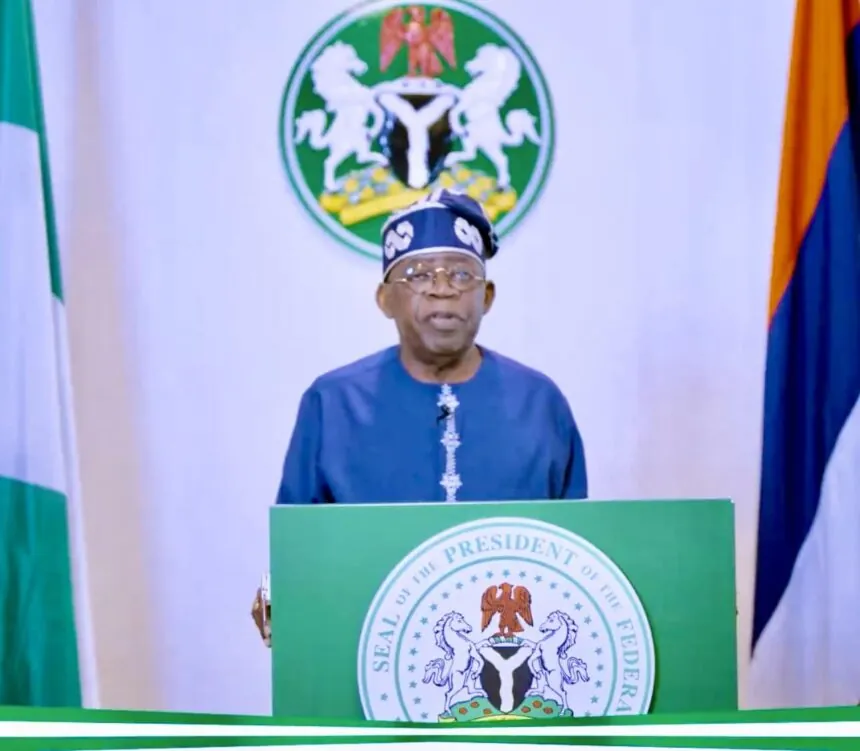Child Labour Crisis: UNESCO Federation Urges Tinubu to Act as Nation Marks Democracy Day
As Nigeria celebrates Democracy Day on June 12, the Read and Earn Federation for UNESCO (UNESCO REF) has issued an urgent call to President Bola Ahmed Tinubu to take stronger, coordinated action against child labour—a crisis that continues to rob millions of Nigerian children of their rights, dignity, and future.
In a statement released to mark the International Day Against Child Labour, the organisation’s President, Abdulsalami Ladigbolu-Oranmiyan, stressed that the fight against child exploitation must take centre stage in the administration’s Renewed Hope Agenda if it is to truly align with the United Nations’ Sustainable Development Goals (SDGs).
“True democracy must ensure freedom and opportunity for all citizens, especially the children who hold the key to our shared future,” Ladigbolu-Oranmiyan declared.
The Dual Meaning of June 12
The convergence of Democracy Day and the World Day Against Child Labour amplifies the urgency of the message. According to UNESCO REF, democracy cannot be deemed successful unless it guarantees the freedom, protection, and development of children—many of whom are still trapped in labour under exploitative conditions across Nigeria.
The group’s statement urged President Tinubu to forge stronger alliances with UN bodies, education-focused NGOs, and local advocates to ramp up the fight against child labour. They also emphasized the need to enforce existing child protection laws and invest in free, quality education.
“Despite progress, child labour continues to violate fundamental rights. It deprives millions of education, security, and the ability to contribute meaningfully to society,” the statement said.
A Call to Action for SDG 8.7
The group specifically highlighted SDG 8.7, which mandates the eradication of child labour in all its forms by 2025—a goal Nigeria is still struggling to meet. The effects of child labour, they argue, are far-reaching: weakening economic growth, undermining national development, and perpetuating cycles of poverty and social inequality.
Next Steps: From Rhetoric to Results
While commending some recent government efforts, UNESCO REF insists that more concrete actions are needed—from community-level sensitization and stricter enforcement to budgetary priorities and inclusive education systems.
“Let this Democracy Day serve not just as a celebration of political freedom, but as a catalyst for renewed action to protect our children from exploitation,” the statement concluded.
As the world watches, this year’s Democracy Day offers Nigeria not just a chance to reflect, but a mandate to act. Whether the Tinubu administration rises to the occasion remains to be seen—but the clock is ticking.




